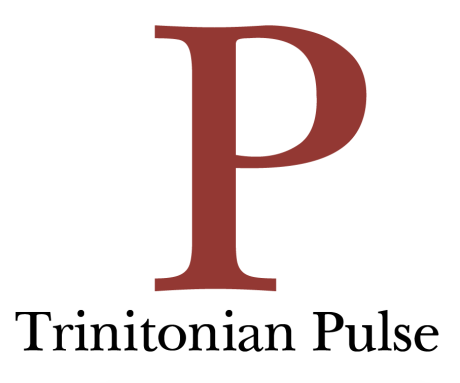Helping students with research assignments is not all the librarians do: they also conduct their own research on a variety of topics.
Michael Hughes, the instruction and liaison librarian for communication, philosophy and history, provides faculty and students with necessary resources for projects.
“We librarians are indelibly associated with books, which is not such a bad thing, but we select and evaluate all kinds of stuff for the collection, including databases, e-books, DVDs, streaming media, sheet music and various other information products,” Hughes said.
Last year, he taught a First Year Experience (FYE) course on science fiction with professor of religion Ruben Dupertuis. His current research investigates gaming guides.
“At the moment, I’m investigating the “˜serious leisure’ of gamers, namely the social and informational practices of those gamers who write the walkthroughs and game guides published on GameFAQs. These guides, which often run to thousands of words and dozens of pages, are written without pay and for a narrow, specialized audience. What are the rewards and benefits of writing a walkthrough, especially without compensation as an incentive? What motivates someone to undertake such a huge effort? These are the kinds of questions I want to answer.” Hughes said.
Jeff Lacy acts as the instruction and liaison librarian for the biology, chemistry, computer science, engineering, mathematics, physics and astronomy departments. He teaches literacy information within the departments as it relates to student research projects.
“I try to support the scholarly activities of faculty and students in the broadest ways possible. To be the person who can either provide solutions, discover alternatives or refer to appropriate channels,” Lacy said.
His research pertains to data management on campus.
“Sometimes when researchers apply for grants, the organization providing the grant requires that the data be made public. So the researcher has to include a plan on how they will gather, organize, use and save the data related to the project as well as how they will make the data publicly available when the project is complete,” Lacy said.
When interests overlap, librarians may collaborate with their colleagues and research together. Hughes and Lacy recently published an article about gamification, the use of game design elements, such as scoring points and earning badges, in non-game settings. The article criticizes the rhetoric of gamification proponents as well as the practical and ethical limitations of gamification within a library setting.
Christopher Nolan, associate university librarian, assists students with research assignment needs and general information literacy skills.
“I also serve as the liaison librarian to the school of business and the religion department. That means I teach research skills in classes that have such a component, provide individual assistance to faculty and students doing work in those areas and manage these collections. This includes ordering new books, determining which databases and journals we subscribe to and so on,” Nolan said.
Regarding his own research, Nolan studies the various effects of changes in the library reference services.
“I periodically work on topics related to the use of library reference services, most recently looking at the changes in reference services at libraries and how well librarians assess the new services they are trying, such as online chat help. You may have noticed that we now have a new chat system quite prominent on our library web pages. I’m also really interested in whether libraries’ efforts to promote their services and collections through social media platforms actually achieves anything,” Nolan said.
Benjamin Harris, Head of Instruction Services, analyzes the correlation between values, values-development and information literacy learning. Harris argues that a teacher creates a standard for what a student must learn in class: if a student wants to do well in a class, they must accept the standardized learning outcomes of the class and their underlying values. This thinking also extends to larger communities.
“People tend not to locate and use and evaluate information in an individual vacuum. We kind of do that for assignments sometimes, but most people in their real lives, in their working lives, they’re in small communities and sometimes large communities. And the values of those communities also have an impact on how they use information and what information is valuable to them,” Harris said.
Students can reach out for help from librarians by visiting the library from 8:00 a.m. to 12:00 p.m. or setting up appointments through the library website at their own leisure.







